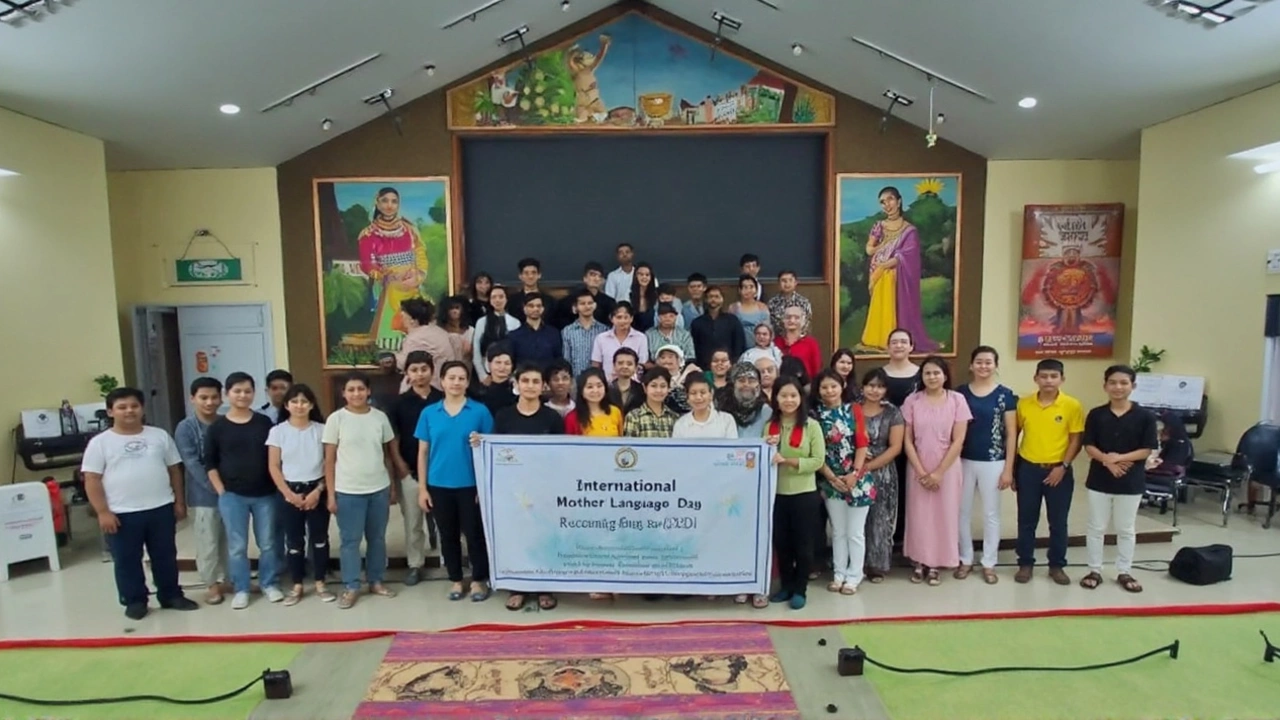International Mother Language Day – Why It Matters
Every year on 21 February we pause to think about the languages we grew up speaking. It’s called International Mother Language Day, and it’s more than just a date on the calendar. It’s a reminder that each language carries a unique way of seeing the world, and losing one erases a piece of human history.
Most people don’t realize how many languages are at risk. UNESCO estimates that nearly half of the 7,000 languages spoken today could disappear by the end of this century. When a language dies, we lose songs, stories, foods, and ways of solving problems that have been refined over generations.
How you can join the celebration
Celebrating doesn’t require a fancy event. You can start by listening to a song in a language you don’t know, or watching a short video that explains a cultural practice. Schools often host poetry readings or storytelling sessions—if you’re a teacher, try inviting a guest who speaks a minority language. Even sharing a simple phrase on social media, like "Namaste" or "Sawasdee," sparks interest and shows respect.
If you have a parent or grandparent who speaks a different language at home, ask them to teach you a word or two. Those tiny moments keep the language alive in everyday life. Community centers also run language‑learning workshops; joining one gives you a chance to meet people who care about the same cause.
Why schools and arts institutions matter
Places like Chennai School of Music & Arts play a big role in language preservation. Music, dance, and visual art often use native lyrics and stories. By teaching students pieces in different tongues, they keep the sounds circulating. A simple sit‑down concert where every song is sung in a different mother tongue can be a powerful reminder of our shared humanity.
Students who learn a second language also develop better problem‑solving skills and empathy. That’s why many schools are adding multilingual programs to their curricula. Even a short lesson about the history of a language—like how Bengali became a symbol of identity during the 1952 protests—can inspire pride and curiosity.
In short, International Mother Language Day is a chance to celebrate the languages that shape who we are. Whether you’re listening to a folk tune, learning a new word, or supporting an arts program, every effort adds up. So on 21 February, ask yourself: which language will you honor, and how will you keep its story alive?
NEHU Celebrates International Mother Language Day with Garo Literary Showcase
NEHU celebrated International Mother Language Day by focusing on Garo literature and oral traditions. The event featured poetry recitations, a publication announcement by Prof. Fameline K Marak, and discussions on cultural preservation through languages.
VIEW MORE